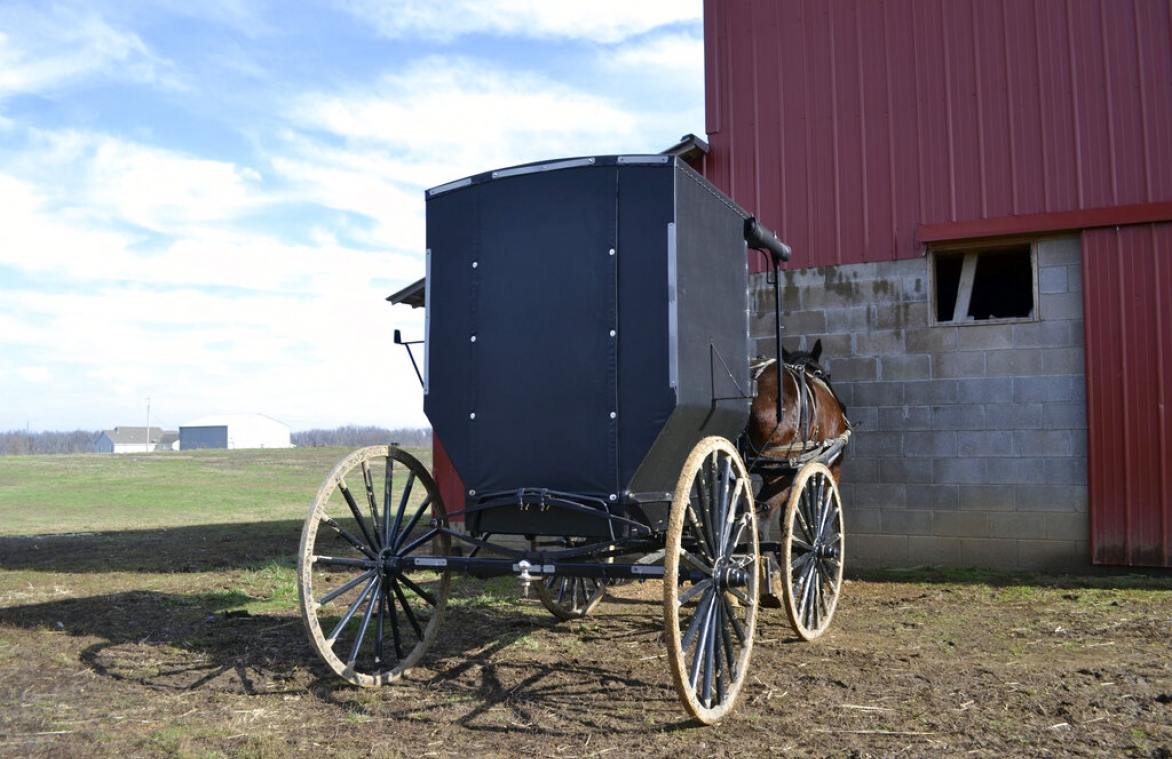By STEVE KARNOWSKI, Associated Press
MINNEAPOLIS (AP) — The U.S. Supreme Court sided on July 2 with members of an Amish group in Minnesota who are fighting efforts by authorities to compel them to install septic systems, sending their appeal back to a state court for reconsideration in light of the high court’s recent ruling in a religious-freedom case.
Families with the Swartzentruber Amish in southeastern Minnesota are fighting efforts by Fillmore County to require septic systems. Justice Neil Gorsuch noted that they’re among the most traditional Amish groups in the country. The Minnesota Court of Appeals and a trial court both sided with the county, and the state Supreme Court declined to hear the case.
But the U.S. Supreme Court sent the case back to the Minnesota Court of Appeals with instructions to take another look in light of its ruling last month in favor of a Philadelphia-based Catholic foster care agency that says its religious views prevent it from working with same-sex couples. While the Supreme Court’s order was a strong indicator of how the justices think the lower court should rule, the next step is up to the Minnesota court.
Fillmore County in 2013 started requiring homes to have modern septic systems to dispose of “gray water” from dishwashing, laundry and such. The Amish sought an exemption, saying their religion prohibits that technology. They offered instead to use earthen basins filled with wood chips to filter water as it drains, which are allowed in some states, including Montana and Wyoming. But the county went as far as seeking a court order to force 23 families from their homes if they refused to comply, Gorsuch wrote.
Justice Samuel Alito wrote that the Minnesota courts “plainly misinterpreted and misapplied” the federal Religious Land Use and Institutionalized Persons Act, which was also at issue in the Philadelphia case.
The act “prohibits governments from infringing sincerely held religious beliefs and practices except as a last resort,” Gorsuch wrote, urging the Minnesota court and local authorities to swiftly resolve the dispute.
“In this country, neither the Amish nor anyone else should have to choose between their farms and their faith,” he said.
The Free Speech Center newsletter offers a digest of First Amendment and news media-related news every other week. Subscribe for free here: https://bit.ly/3kG9uiJ

